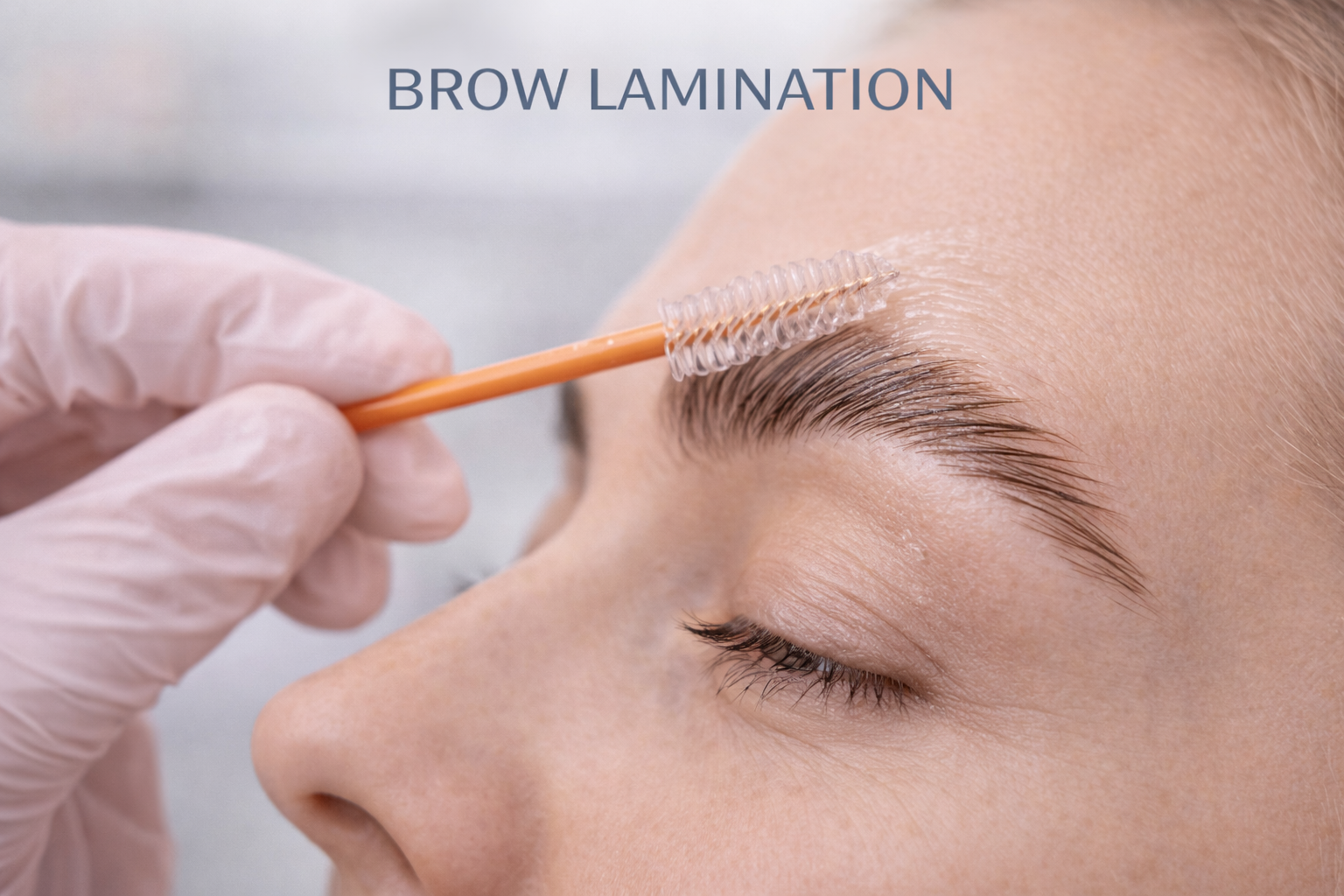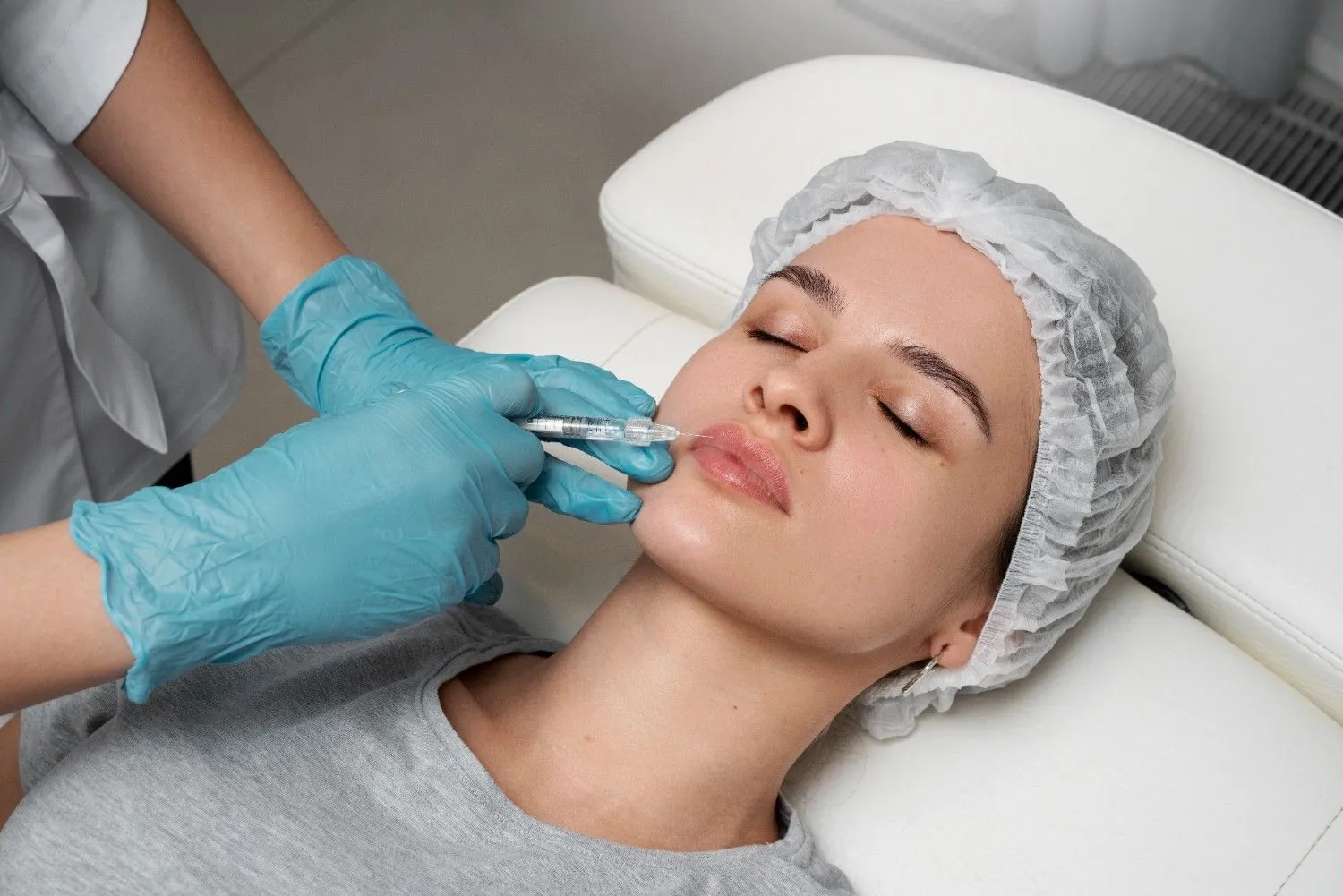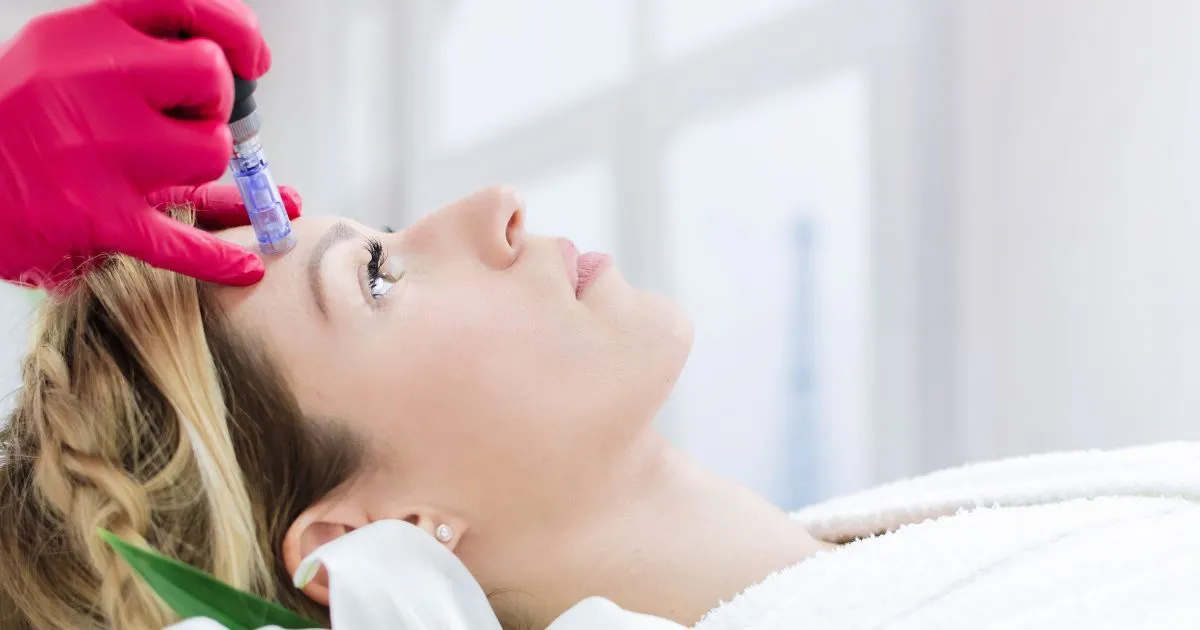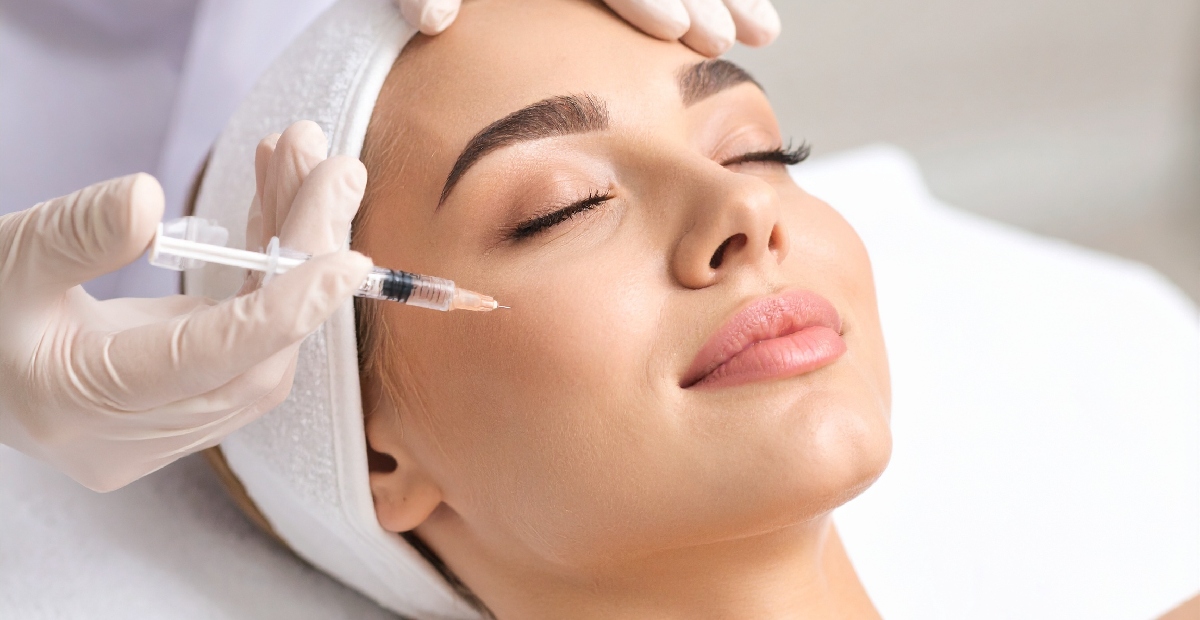You know the saying, you learn something new every day?
Well TODAY, we hope you learn more than one thing and that if you can take away anything from today’s lesson, it’s that you need to wear spf DAILY.
No. Questions. Asked.
You hear it all the time, “wear your sunscreen!”, “You don’t want to burn, do you?”, “You’re going to regret it later on if you don’t wear your sunscreen!”. Which are all accurate statements to an even worse extent than you’d think!
But, do we take it seriously even after knowing that?
It’s hard to understand the damaging effects of something when it isn’t an immediate or noticeable effect. For example, smoking. Back in the day everyone thought it was trendy, even sexy, and may have been aware of what COULD happen, but no one took it seriously until all of the negatives came about.
I am telling you right here, this is one of those instances!

DAMAGE THAT WAS DONE TO YOUR SKIN 1-2 DECADES AGO IS WHAT IS CURRENTLY NOTICEABLE ON YOUR FACE.
That’s right, let that sink in. If you think your skin looks damaged now, just imagine another decade from now!
There is a reason why spf products are pushed so heavily and there are so many treatments out there that work to correct what the sun may very well have caused! The sun is proven to affect the skin in these ways:
- Destruction of elastic and collagen fibers
-
Pre-cancerous lesions and cancerous skin lesions
-
Wrinkles
-
Lines
-
Sagging skin
-
Dilation of small blood vessels under the skin
-
Dark spots
-
Leathery-looking skin
-
Freckles
-
Yellowing of the skin
And before you run to the nearest store you can find to grab some sunscreen, let us stop you right there. The sunscreen you buy at Target, Walmart, or any convenience store is NOT the same as a medical grade spf skincare product.
You might think spf is spf right?
Yes and no.
Spf will do the job of protecting your skin from burning, but there is so much more to it. Over the counter sunscreen is very different from a medical grade sunscreen due to the strength and concentration of their formulas as well as including the right active ingredients to protect your skin effectively.
In fact, some ingredients might help prevent burn but not aging! That is why we carry lines that are formulated with the correct levels of transparent zinc oxide and other active ingredients critical for maximum protection.
The best sun protection is formulated to both moisturize and protect your skin, while at the same time not irritate your skin. Medical grade spf has higher potency and is formulated to keep your skin clear and healthy. This includes being:
-
Sensitivity-free
-
Fragrance-free
-
Paraben-free
-
Non-comedogenic
Over-the-counter sunscreens usually do not contain as many active ingredients as medical grade, with only the 70% pure ingredients required by the FDA. Instead, OTC brands contain inactive compounds, fragrances and preservatives. This leaves you with less sun protection and can be irritating to some skin types.
On the other hand, medical grade sunscreen must contain 99.9% pure active ingredients. It also has to be backed up by scientific research, and must have been proven beneficial for the skin. In other words, you get your money’s worth with real medical grade sun protection because it has the ingredients that make it work.
Some questions you may want to consider before applying an spf to your face are these:
Is it broad spectrum? This means it protects against both UVA and UVB rays. UVA rays are the ones that prematurely age your skin, causing wrinkles and age spots, while UVB rays cause sunburn.
Does it protect against blue light too? HEV, also known as blue light, is emitted from our favorite tech devices such as our phones and laptops that are damaging to the skin for the same reasons the sun is!
Does it work with my daily lifestyle? Most spfs sold over the counter can be thick, greasy, oily, or smelly, making it hard to wear daily, especially if you are wearing it under makeup! We offer a variety of spf’s that allow you to customize the spf level, texture, color, ingredients, and purpose for your sunscreen.
Is it safe to put on my acne prone/rosacia skin? It is common to see alcohol listed as one of the top ingredients in your sunscreen which can be an irritant towards people with sensitive skin amongst other ingredients such as oxybenzone or benzophenone that are known to commonly cause allergic reactions. A medical grade product will not include these ingredients and will instead use other ingredients that actually benefit acne prone skin and create calming moisture for sensitized skin.
What ingredients should I look for? There are two sunscreen ingredients generally recognized as safe and effective, by the FDA, and both are physical sunscreen ingredients, titanium dioxide and Zinc oxide.
Aside from considering the previous topics when picking out an spf, there are a couple types of sunscreens you can choose from too! Some sunscreens are a physical sunblock and others are chemical sunblocker!
What does this mean?
Difference between mech and chem blockers: Physical (mineral) sunscreens sit on the surface of your skin and act as a shield, while chemical sunscreens sink into your skin and act more like a sponge. The key difference between the two is that they block rays differently!
There are pros and cons to both, which we’ll cover now!
Physical sunscreens, more commonly known as mineral sunscreens, work by creating a physical barrier on the skin that shields it from the sun’s rays. These sunscreens deliver broad-spectrum protection by reflecting UV radiation away from your skin. They also help ward off UVA-related skin damage, including hyperpigmentation and wrinkles.
They also offer the most broad-spectrum protection (against both UVA and UVB rays) and are widely recommended for those that apply sunscreen to their face and neck daily, as they work to prevent year-round UVA damage including wrinkles, brown spots, and photoaging.
These are all benefits, for sure, but mineral sunscreens do have one downside: They can be somewhat chalky, difficult to spread, and tend to leave behind a noticeable white cast to the skin. If you have a darker complexion, this whitish cast can be especially apparent.

Tip: Avoid a ghostly face by opting for newer formulas with tinted zinc oxide, which we carry two amazing options with a tinted application!
Mineral sunscreens also aren’t always as water resistant as chemical options, so you may need to be more diligent about reapplication!
Chemical sunscreens don’t sit on the skin or block rays. Instead, they feature active ingredients that absorb UV rays before your skin can soak them up. These chemical UV filters include:
-
oxybenzone
-
avobenzone
-
octisalate
-
octocrylene
-
homosalate
-
octinoxate
In most cases, chemical sunscreens do not leave a visible film layer on the skin, which makes them easier to wear on a broader range of skin tones.
Because they’re designed for absorption, chemical sunscreens tend to go on smoothly without feeling sticky or greasy.
Hopefully by now, you are fully convinced that protecting your face by wearing a daily spf is essential and just as easy (if not more) to do than brushing your teeth everyday!
Now let us make it even easier for you by breaking down the few ZO Skin Health spf options we carry! We offer multiple spf products because they each bring something a little different to the table! Some offer matte or glossy finishes and some offer a physical or chemical blocking!
Find the right product to fit into your daily lifestyle that makes this extra step seamless in your skincare routine!
THE ZO® SPF PRODUCTS WE OFFER
Sunscreen + Primer spf 30:
This is a dual action sunscreen that protects against UVA/UVB and IR-A rays and from HEV light. It hydrates and doubles as a makeup primer for a smooth matte finish diminishing skin imperfections. This is a physical sunblock.
Sunscreen + Powder spf 45:
Powered by triple spectrum protection and exclusive ZO anti oxidant technology to deliver superior skin defense with a hint of advanced color pigments. Brush on with the applicator for lightweight, tinted powder coverage. This is a physical sunblock.
Smart Tone spf 50:
Designed to blend into most skin tones, ultra lightweight sunscreen protects against the aging effects of UVA/UVB and IR-A rays and from HEV light. The more you blend into the skin, the more tint you will see creating a tinted glow. This is a chemical sunblock.
Daily Sheer spf 50:
Water and perspiration resistant, this non greasy sunscreen dries quickly with a sheer matte finish to shield against UVA/UVB and IR-A rays and from HEV light. Protects while also hydrating. This is a chemical sunblock.






